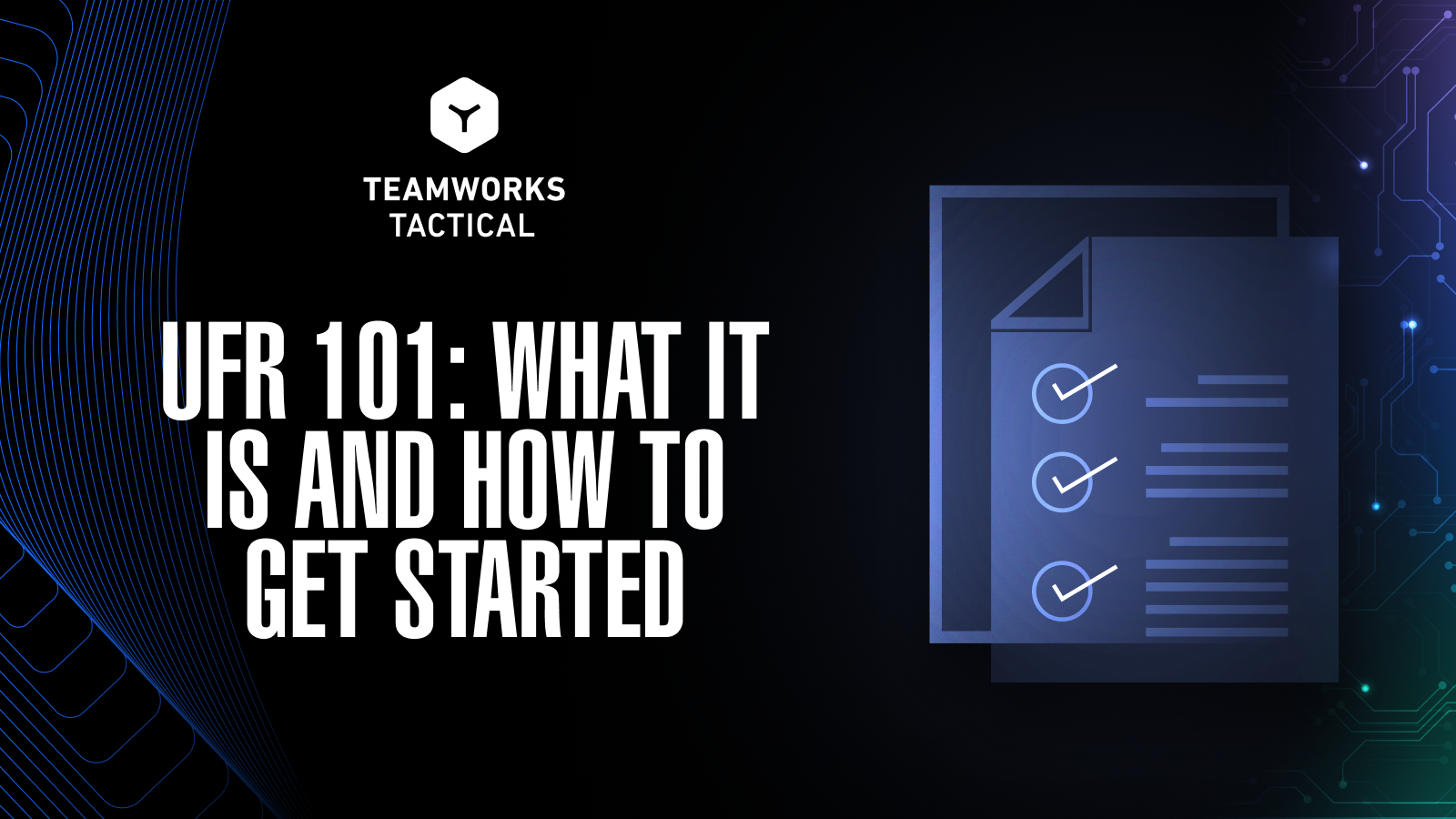Launching or expanding a human performance initiative inside a military or government organization often comes with a familiar challenge: there’s no budget line for it.
That doesn’t always mean the effort has to wait.
For needs not funded in the current cycle, teams may be able to pursue an Unfunded Requirement (UFR), a powerful and often underused mechanism that can unlock resources within the current fiscal year. This post outlines what a UFR is, why it matters, and how to begin navigating the process.
What Is a UFR?
An Unfunded Requirement is a documented, validated need that is not supported by programmed funds in the current year’s budget. UFRs are typically submitted internally to a command or funding authority for consideration, particularly as fall-out funds become available later in the fiscal year.
This process is common in military and government settings where operational needs often evolve faster than the formal budgeting cycle can keep up. UFRs may represent the first step toward initiating a new program, scaling a successful pilot, or responding to emerging readiness priorities.
Examples often include human performance platforms, wearable technologies, software pilots, or implementation support, especially when these haven’t yet been fully built into long-term budget plans.
Why UFRs Matter
In many organizations, UFRs are how new capabilities get funded. They provide a mechanism for launching pilot programs, scaling initiatives, or accessing specialized services without having to wait for the next budget year.
Toward the end of the fiscal year, unspent funds from other programs, often called fall-out funds, are frequently reallocated. These funds are typically awarded to requests that are already built, routed, and ready to go.
Having a complete UFR request prepared in advance can significantly increase your likelihood of approval when short-notice funding becomes available.
Getting Started: Engage Finance and Contracting Teams Early
The first step in the process is internal coordination, particularly with a Financial Manager, Comptroller, Logistics lead, or Contracting Officer. These roles are essential for understanding timelines, documentation requirements, and contracting options.
Once initial conversations take place, most teams begin preparing:
- An itemized cost estimate from the vendor
- A justification that aligns with organizational priorities
- Supporting documentation such as quad slides, spreadsheets, or formatted templates
Finance and contracting staff can also provide guidance on routing requirements, signature authorities, and compliance with internal policies and deadlines.
The Biggest Mistake: Waiting Too Long
UFR requests are most successful when prepared well in advance. Delays often result from unclear timelines, incorrect assumptions about contract vehicles, unavailable signers, or incomplete documentation.
Well-prepared submissions are often the first considered when funds become available, sometimes with just a few days’ notice.
Supporting the Process
While the UFR process can be complex, early preparation and internal alignment can make it manageable and successful. Teamworks Tactical has supported organizations that secured UFR funding for human performance to implement or expand key initiatives. Providing clear estimates, aligning to contracting structures, and understanding submission timing are all critical factors.
Even without a guarantee of funding, being ready before funds are released often determines which projects move forward and which ones wait another year.
Planning a UFR for AMS, Nutrition, or Hub?
Contact the Teamworks Tactical team to start the conversation and explore how your request can be supported.
